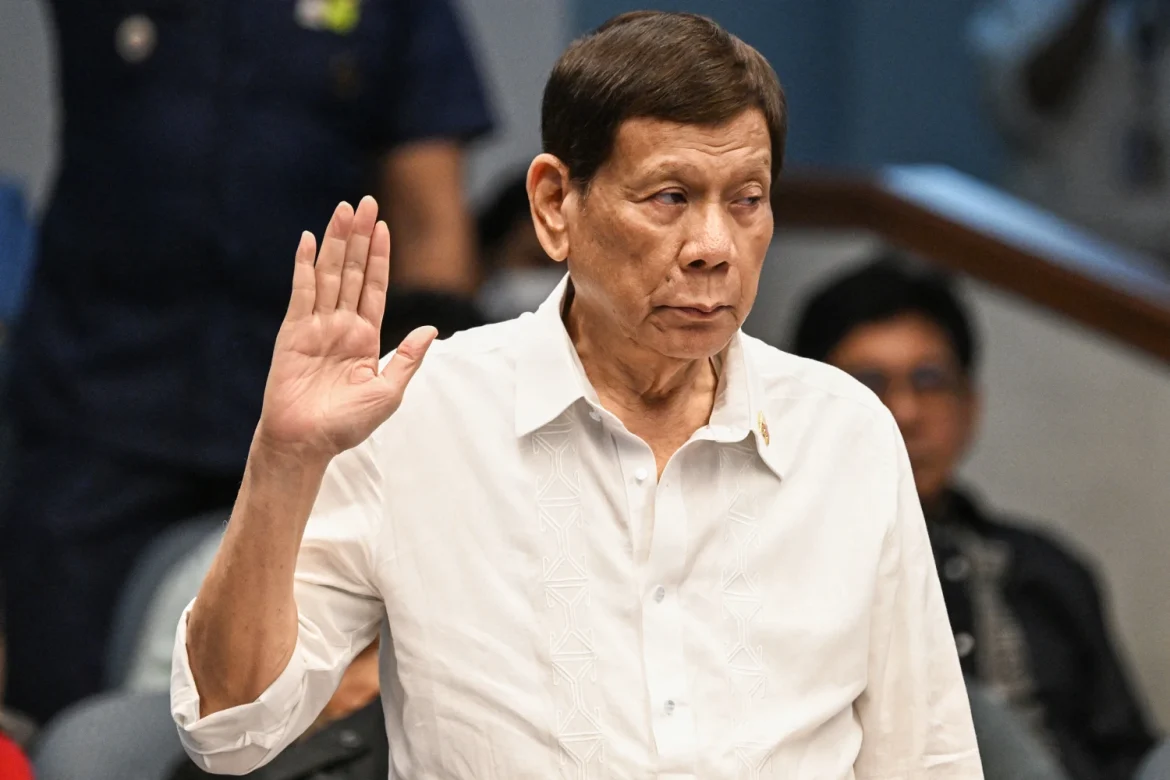MANILA, Philippines — The Philippine government has expressed a potential willingness to cooperate with the International Criminal Court (ICC) in its investigation of alleged crimes against humanity related to the war on drugs under former President Rodrigo Duterte.
Sources indicate that the government is open to complying with requests from the ICC for the transfer of individuals involved in the investigation, provided such requests are made through the International Criminal Police Organization (Interpol).
During a recent briefing, Executive Secretary Lucas Bersamin confirmed that the Philippine government would consider requests for custody from the ICC, as long as the requests adhere to Interpol protocols.
Bersamin highlighted the Philippines’ commitment to fulfilling international obligations, particularly regarding serious allegations such as those being investigated by the ICC.
The ICC launched its investigation into the Philippines’ war on drugs after reports from human rights organizations documented thousands of deaths, raising concerns over potential human rights violations.
The investigation focuses on allegations of extrajudicial killings and other abuses committed during the Duterte administration.
The Philippine government has previously expressed reservations about ICC involvement, citing concerns over sovereignty and fairness.
In 2019, the Philippines withdrew from the ICC, arguing that the court was biased and that its jurisdiction no longer applied.
However, the ICC maintains that it retains jurisdiction over crimes committed while the Philippines was still a member, allowing the investigation to continue.
Bersamin’s recent statement reflects a possible shift in the country’s stance toward international legal cooperation.
However, the Philippine government has not provided specific details regarding potential arrests or extraditions at this time.
The ICC’s investigation remains a contentious issue, with ongoing international discussions about the Philippines’ response to the court’s inquiries and its obligations under international law.

